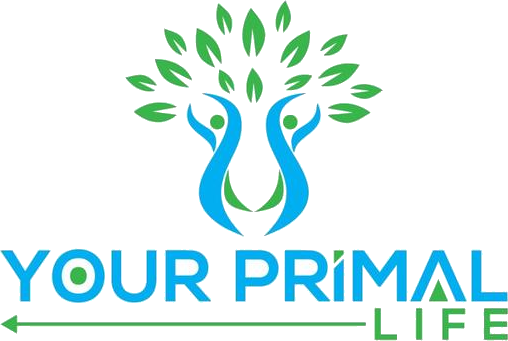If you could improve your health, reduce inflammation, reduce body fat, increase energy, enhance cellular repair, lower blood sugar levels, and improve mental clarity by Intermittent Fasting, would you?
Confused about the different types?
Worried you’ll damage your metabolism?
Not sure if it’s for you?
So many questions!
Fasting can range from hours to days, weeks, or even months. Intermittent Fasting typically refers to hours. Humans have been fasting for thousands of years, and most religions have a deep history of fasting.

Intermittent Fasting, simply put, is eating within a ‘limited window’. Eating and fasting are alternated. This cycling between eating and fasting is a natural human state. However, this is contrary to what many of us do today. Most people have food within an arm’s reach at all times, or at least within the next room. Thousands of years ago, food had to be caught, killed, picked or dug up, so we often went many hours or even days without food. Our bodies are built to handle this stress. This stress makes us stronger. Just as lifting weights causes stress on muscles, leading to strength.
Unfortunately, we have lost this instinct due to the ease of attaining food at any time. Our constant grazing and high carb diets don’t allow us to get back to our natural ability to go without food for even a few hours. Metabolic flexibility is your body’s ability to burn carbs or fat for fuel based on what is or is not being consumed. Today most of us don’t have this flexibility. The average American eats 5-6 times per day with carbohydrates being a significant portion of the macronutrients (protein, fat, carbs) consumed. When carbs are being consumed frequently, the body has a constant fuel source and never has to switch to the fat source. The goal is to retrain your body’s ability to switch back and forth. Intermittent fasting will help you achieve that.
When you give your body a chance to heal, grow, and repair instead of digesting food all day, amazing things can happen. Your experience with fasting will improve as you become fat adapted (metabolically flexible) and are no longer addicted to carbohydrates.
I believe most everyone should practice intermittent fasting to varying degrees, but not all. Children naturally fast 9-16 hours depending on age and the amount of sleep they get. I don’t recommend fasting beyond that for them. They need ample nutrients to fuel their development. However, I also wouldn’t let them walk around with food in their hand all day. They’ll let you know when they’re hungry. I also don’t recommend fasting for pregnant or nursing women, for the same reason. Of course, it’s always a good idea to check with a doctor who understands intermittent fasting before practicing.

I started practicing with a 12-hour window (12 eating/12 fasting). Most everyone can do that. You sleep through most of it anyway. If you eat dinner at 7:00, you could eat breakfast the next morning at 7:00. That’s doable, yes? The hard part here for some is giving up their late night snacking. From there, you can start to push your window, or you can just leave it at that. Eat dinner at 7:00, then eat breakfast the next morning at 8:00, 9:00 or 10:00. Don’t make yourself miserable, take it easy, and learn to listen to your body. I currently practice between 16/8 and 14/10 depending on my activity level and how I feel.
I used to wake up hungry and remember thinking I would never be able to do it. Your body adapts. I really don’t even think about it anymore and sometimes realize I haven’t had anything to eat. I’m not uncomfortable, but I’m hungry and ready for some fuel. My body has relearned metabolic flexibility.

Intermittent fasting is great when you’re sick too. Replace some of your food with bone broth, electrolytes, herbal teas, or flavored water. And the food you do eat should be easy to digest choices such as soup, eggs, yogurt, smoothies, and fruit. This enables your body to heal vs. digest.
So, who wants to try it? What have you got to lose? Start slow, be kind to yourself, listen to your body. You may just realize that you feel better, have more energy, and start turning around some of your health issues. You may even want to try longer fasting periods. A great resource to guide you through extended fasting is The Complete Guide to Fasting by Jason Fung, MD. He gives protocols for much longer fasting periods and addresses fasting for many health conditions.
I’m ready for your questions!
In Health,
Coach Nanette



